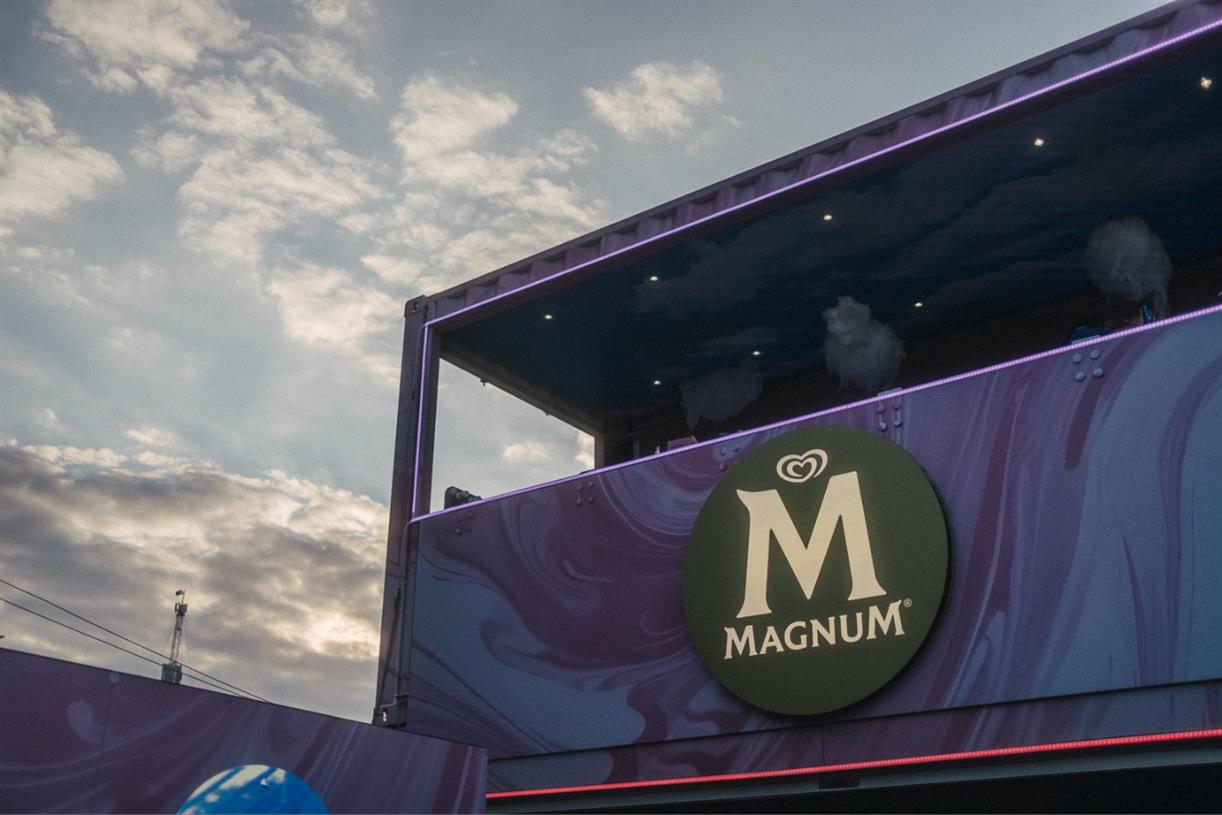Cannes TV measurement takeaways from top execs—banning the word 'alternatives' and more
Measurement was a hot topic of conversation on the Croisette this week amid mounting uncertainty around Nielsen data.

The TV ad industry called for agencies to integrate new measurement and data systems and to look to attention as a potential currency for deal making, during an Advanced Advertising Summit hosted by OpenAP on Thursday during the Cannes Lions International Festival of Creativity
Measurement was a hot topic of conversation on the Croisette this week amid mounting uncertainty around Nielsen data and the adoption of alternatives as potential new forms of currency.
Overall, there was widespread belief by those in attendance that the industry is moving toward a multi-currency marke—except perhaps from Nielsen’s lonely representative. As that happens, ad leaders are calling for an end to the word "alternative" to describe the crop of other measurements that have gained steam in recent months.
Here were some of the top takeaways.
Agencies should cooperate
Dentsu Media CEO Doug Rozen said during a panel of agency executives that agencies need to do something similar to what host OpenAP and its confederation of TV networks has done in the way of collaboration.
“There’s good integration on their side,” Rozen said. “We need to do more on our side, instead of having individual efforts. I think we’re seeing new leaders come in on our side. We need to talk about interoperability.”
While there was a generally positive reception among the other agency executives, which included executives from Publicis Groupe, Omnicom and Stagwell Group, there were also mumurs of doubt.
One network executive noted later that it might be hard for agencies to change or scrap proprietary systems, in part because the price of these is built into what they charge clients for ad deals.
Two major holding companies weren’t represented—WPP’s GroupM and IPG Mediabrands—but Arun Kumar, IPG’s chief data and marketing technology officer, said in an interview afterward that he’s open to the idea of collaboration, though he is skeptical it can be implemented.
“The sellers actually have a little bit more cohesion than the advertisers,” Kumar said. “Many systems in the agency world are not interoperable. The solution suggested would actually solve a number of issues, not just TV. We could take a joint stand on commercials, a joint stand on pitching, many different things. But I don’t think we have a strong enough body to actually bring that.”
Also, not even all of the TV networks are involved in OpenAP. Rozen noted “there’s a chair missing” at the event, which included NBCUniversal, Warner Bros. Discovery, Paramount and Fox, but not Disney Advertising.
No “alternatives”
Most speakers agreed—except the one from Nielsen—that U.S. TV measurement is moving toward multiple currencies. But Kelly Abcarian, executive VP of measurement and impact for NBCU, said it’s time to stop calling them “alternative.”
“I’d ban the word alternative,” Abcarian said. “So if everyone could get on board with that, that’d be great. Because there are 100% new currencies come 2024. So alternative to what? I’m not really certain, because there’s no cross-platform without these new currencies that are coming online, including Nielsen.”
She suggested using the term “new,” or perhaps just plain “currencies.”
New swim lane in Mediaocean
Among issues holding back adoption of, um, new currencies—an issue that has been cited, somewhat gleefully, by Nielsen CEO David Kenny and some agency executives —has been the “new” players’ inability to integrate with Mediaocean’s widely used, mainframe-housed legacy billing system. Mediaocean is a widely used advertising service and software company.
Still, "even Mediaocean is moving over to a new buying system,” iSpot.tv CEO Sean Muller said. “And at some point, we’re just going to do this and figure it out.” Also, it’s worth noting that Mediaocean was an early-stage investor in VideoAmp, so it doesn’t necessarily have a vested interest in the status quo.
It’s not a one-on-one game
Although NBCU's Abcarian and iSpot's Muller have sat down together at Cannes to discuss their partnership, Travis Scott, senior VP of advanced advertising at Paramount, cautioned the industry about the pitfalls of thinking there are alliances being formed.
“The first thing I want to do is dispel a narrative that I think is emerging in the industry that NBC is an iSpot shop, and Paramount is the VideoAmp shop, and that’s how it’s going to be forever,” Scoles said. “That’s not true. Paramount’s position is we’re currency agnostic. We want to be able to deliver our buyers' campaigns based on the data and the audiences that they choose. VideoAmp was an early integration because there was demand for people buying that way. We also support Comscore, support Nielsen, and will support more and more of these things.”
Attention rises, but 'shit rolls downhill'
“I think we need to race towards understanding the value of attention,” Dentsu's Rozen said. “Viewability and impressions are not sustainable metrics, and that’s how we’re trading." He advocated on trading on "did a consumer actually see an ad and do something with that ad? It’s simple. It’s basic. But it’s ridiculously hard.”
Also, the market may be headed the other direction, at least among marketers focused on mainly CPMs, or the cost to reach 1,000 viewers. “I’m getting pressure from our clients, but I’m putting pressure on our publishers, and it just keeps driving the quality down,” said Jon Schaaf, global chief investment officer at Stagwell Media Network. “To Doug’s point, when you don’t buy good media, you’re not going to get that attention. …Shit rolls downhill. So we get this pressure, and we have to turn around and pressure our partners.”
It's the creative, really
Strangely, even in the deepest media analytics depths of the festival fringe, creativity got another significant shout-out, following an endorsement by Roku the day before.
In a presentation of case study work showing how TV ads generate online search, Kevin Krim, CEO of measurement firm EDO, said the data shows big brand campaigns actually drive search very nicely, and search is tied to sales. “TV far too often is thought of only as upper funnel,” Krim said. “We show clients all the time on the brand side, ‘Here’s your best performing creative, and it’s always one of their big brand campaigns. It’s not a call to action. It’s not a limited-time offer. Big brand campaigns that are done well creatively drive performance and brand impact, all in one.”
Brand marketers should show up
Speaking of brand performance, not a single brand marketer was in attendance at the OpenAP event. Several attendees privately said the marketing world might work better if more did attend such events. Then again, it was a rainy day. The power even went out at the end. And several attendees have noted that brand marketers appear to be scarcer generally at the festival this year than pre-COVID.

 Aliver
Aliver 








.jpg&h=630&w=1200&q=100&v=2a8ddfbc4a&c=1)























